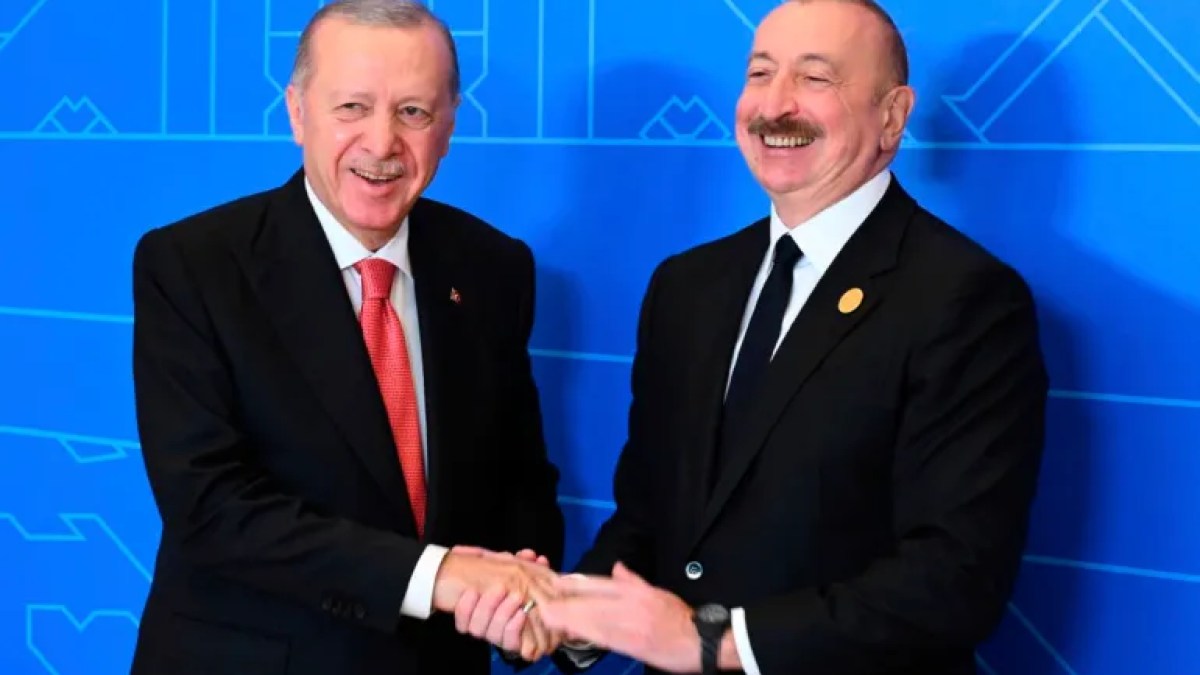South Caucasus on the Brink: Azerbaijani Defiance Shakes the Kremlin!
Are you ready for a geopolitical earthquake happening right before our eyes? The South Caucasus, once a quiet stage of Russian dominance, is now burning with Azerbaijani defiance that could change everything! It all started with a brutal police raid in Yekaterinburg on June 27, where Russian special forces violently stormed the ethnic Azerbaijani community. The result? About 50 arrested, several injured, and two brothers, Zijadin and Huseyn Safarov, tragically died in custody under suspicious circumstances.
Russian authorities claim the brothers died of heart failure, but the autopsy revealed broken ribs and trauma from blunt force. Survivors report beatings, electric shocks, and humiliating treatment. This is not a routine police action – it’s a politically motivated act of intimidation that sparked public outrage and sharp condemnation from Azerbaijani officials.
A diplomatic war erupted: On July 1, the Azerbaijani ambassador to Moscow sent an official protest over the illegal killing and abuse of citizens, including those with dual citizenship. At the same time, Baku launched a high-profile crackdown by arresting several Russian citizens, including employees of the Russian state news agency Sputnik Azerbaijan, accused of organized crime, cyber fraud, and drug trafficking.
These two episodes are no coincidence – they clearly show Azerbaijan rejecting Russian control and moving toward greater independence. For years, Baku balanced relations with Russia, the West, and Turkey, but now a turning point is clear. Azerbaijan is increasingly aligning with Turkey, strengthening strategic ties and regional integration through the Organization of Turkic States.
What does this mean for Moscow? Traditional Russian influence in the post-Soviet space is melting away. Military alliances, energy dependence, and media power no longer hold as before. Under pressure from sanctions due to the war in Ukraine, the Kremlin is turning to repression and nationalist rhetoric, but it’s less and less effective. The Yekaterinburg raid is just one symbol of Russia’s waning power.
The regional balance is shifting: Kazakhstan is distancing itself from Russia, Armenia is questioning Russian security guarantees, and Kyrgyzstan and Uzbekistan are strengthening ties with Turkey and China. Azerbaijani defiance is not an isolated incident but part of a broader erosion of Russian power in the former Soviet sphere.
The media landscape has become a battlefield: Russian state media, led by fiery nationalists like Vladimir Solovyov, have adopted anti-Azerbaijani rhetoric, fueling ethnic and religious tensions. This further complicates relations and undermines diplomatic protocols.
But amid all this, Azerbaijan sees an opportunity. If it acts wisely, Baku can become a key player in the Turkic world, boost its role in the South Caucasus, and reset relations with Russia on more equal terms. Projects like the Zangezur corridor and the trans-Caspian Turkic axis show Baku looking to the future – far from Russian influence.
Bottom line? The South Caucasus is changing before our eyes. Russian grip is weakening, and Azerbaijan is rising as a new regional power. Will the Kremlin manage to adapt, or will it try to reassert control by force? One thing is clear – the geopolitical game in this part of the world has never been more intense.
What do you think? Is this the beginning of the end of Russian dominance in the South Caucasus, or just another episode in a long conflict? Drop a comment, spark a debate, or just enjoy the geopolitical show!












